Tag: Government transparency
-
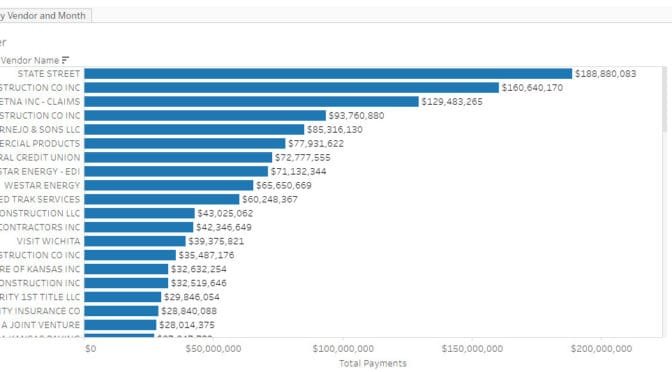
Wichita checkbook updated
Wichita spending data presented as a summary, and as a list.
-

For Hugh Nicks, a return to the backroom deal?
Remarks from a candidate for Sedgwick County Commission call for presenting a unified front to the public.
-

Lawrence has it. Wichita doesn’t.
Despite promises, Wichita fails to inform citizens on important activities of its government.
-
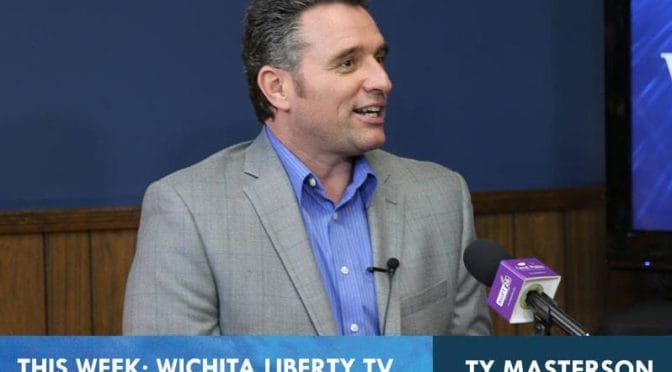
WichitaLiberty.TV: Kansas Senator Ty Masterson
Kansas Senator Ty Masterson, a Republican from Andover, joins Bob and Karl to update us on happenings in the Kansas Legislature.
-

Kansas government data may not be available
There is a movement to increase the transparency of government in Kansas, but there’s much to be done, starting with attitudes.
-
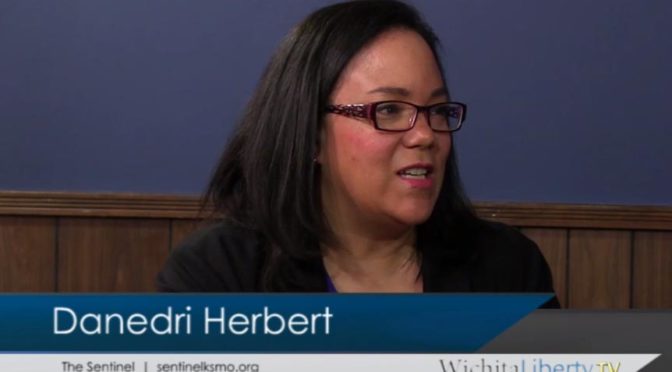
WichitaLiberty.TV: Danedri Herbert, Editor of The Sentinel
The Sentinel’s Danedri Herbert joins Bob Weeks to discuss the upcoming gubernatorial debate, the Kansas Legislature’s website and transparency, and accountability in government.
-

Wichita check register
Wichita spending data presented as a summary, and as a list.
-
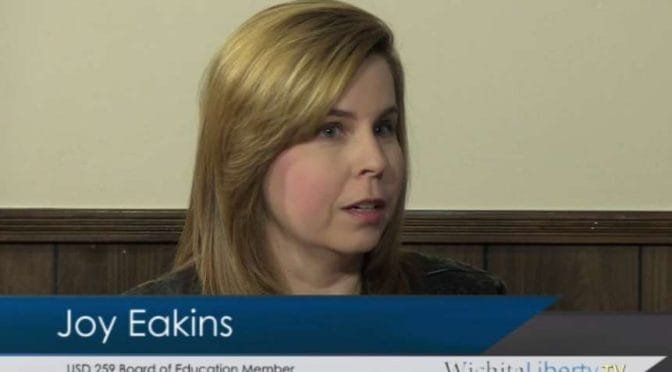
WichitaLiberty.TV: Wichita school board member Joy Eakins
Wichita school board member Joy Eakins joins Karl Peterjohn and Bob Weeks to discuss important issues facing the school district.
-
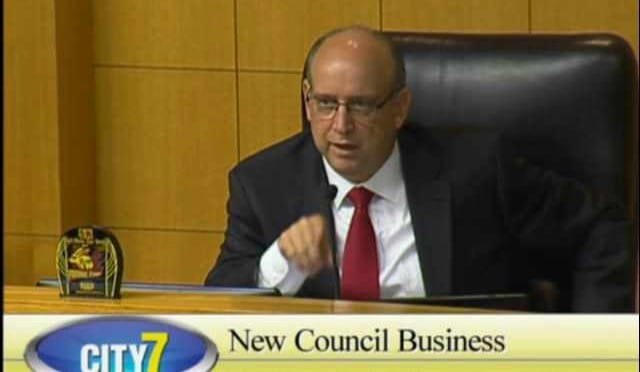
Too much on the consent agenda in Wichita city hall
The Wichita city council will consider an item that, I believe, is of sufficient interest and controversial enough that it should appear on a regular agenda, not a consent agenda.
-
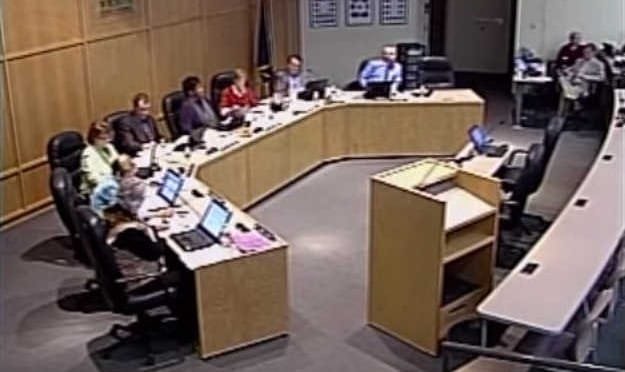
Wichita public school district transparency
Transparency issues surrounding the Wichita public school district are in the news. There are steps that are easy to make, but the district resists.
-
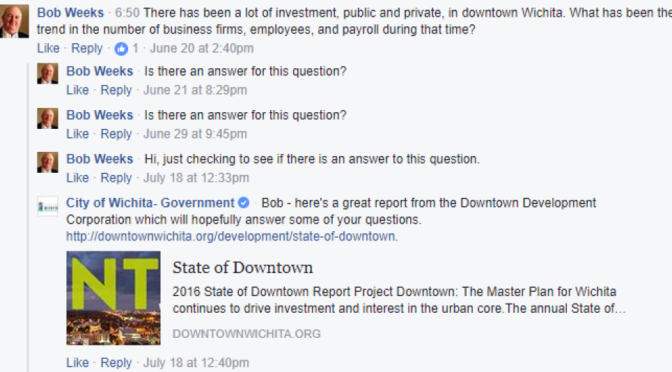
A Wichita social media town hall
A City of Wichita town hall meeting ends in less than nine minutes, with a question pending and unanswered.
-

During Sunshine Week, here are a few things Wichita could do
The City of Wichita says it values open and transparent government, but the city lags far behind in providing information and records to citizens.